Oscar Pistorius to be released from prison 10 years after killing girlfriend Reeva Steenkamp
Parole board approves former Paralympic champion’s bid to be released early
Oscar Pistorius will be released from prison after nearly a decade behind bars for murdering his girlfriend Reeva Steenkamp, after winning his case at a parole board hearing.
The South African former Paralympic champion shot and killed his partner at their home in Pretoria in 2013, and was jailed for 13 years for her murder in 2016.
On 24 November, a private parole board hearing at Atteridgevale prison in Pretoria set his release for 5 January 2024.
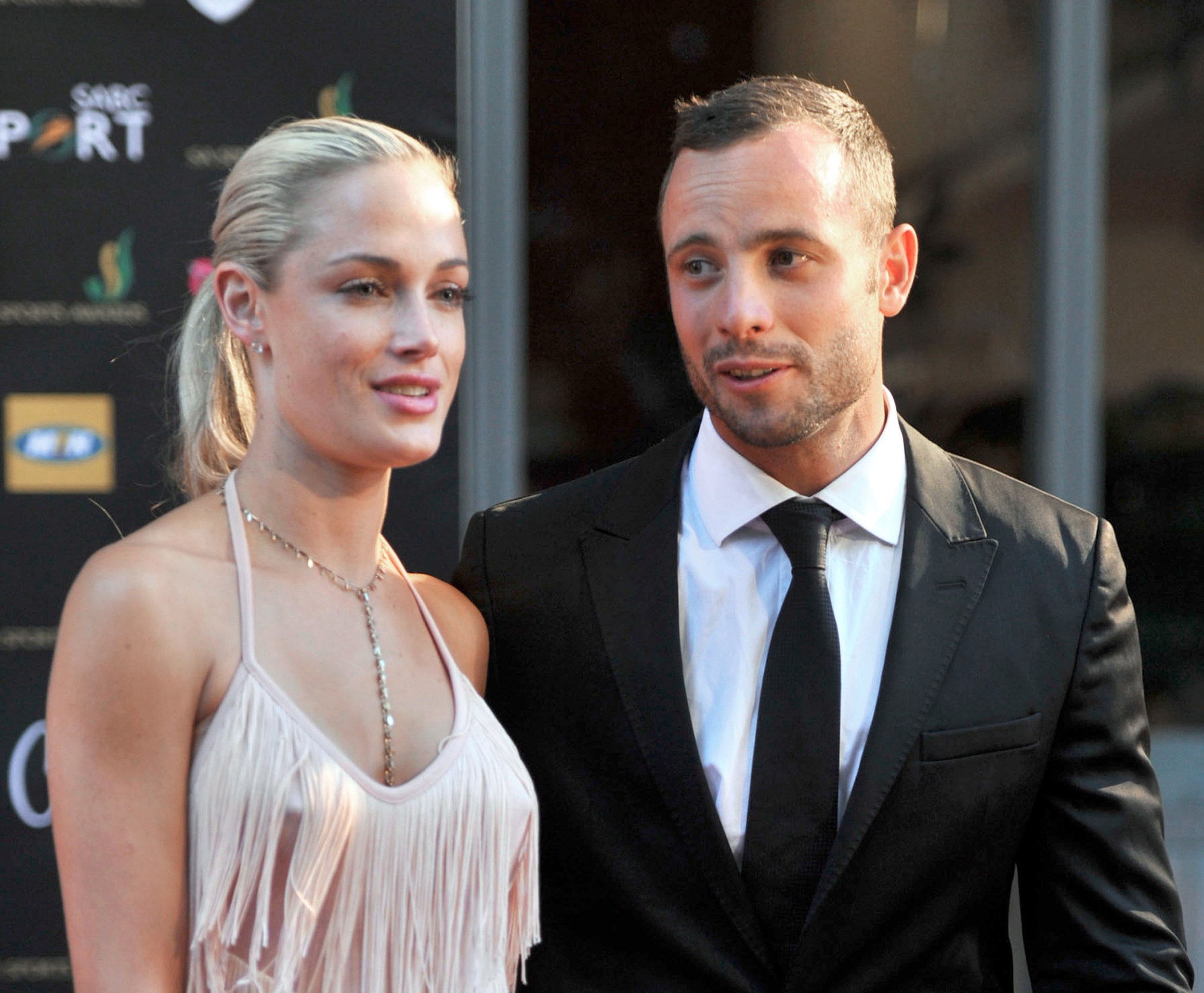
Once released, he will have to attend therapy for anger management and remain under supervision without being able to leave the area of Waterkloof, where he will be staying with family, for five years.
Reeva’s mother, June Steenkamp, chose not to attend the hearing, saying she “cannot muster the energy to face him again at this stage”. However, in a powerful victim impact statement read out in court, she said she had forgiven him.
She did, though, write that she did not believe Pistorius’s version of events over the death of her daughter. The 37-year-old claimed he mistook the model for a burglar when firing four shots from a pistol.
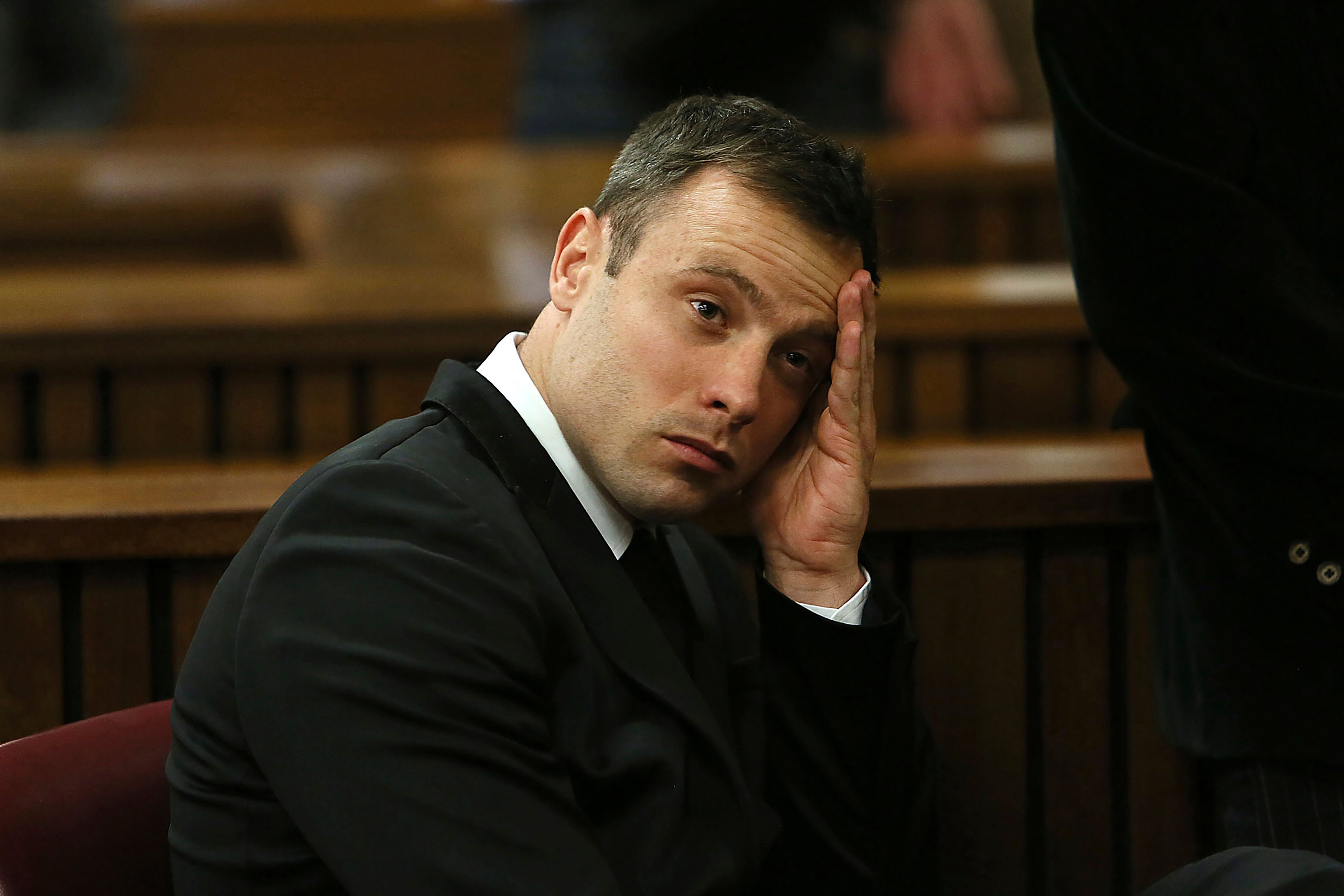
Speaking to reporters after the decision to free Pistorius, Singabakho Nxumalo, spokesperson for South Africa’s Department of Correctional Services, said: “Parole does not mean the end of the sentence. It is still part of the sentence. It only means the inmate will complete the sentence outside a correctional facility.”
Other conditions attached to the release date state when Pistorius will have to be at home and when he can work. They will also stop him from consuming alcohol and drugs, Mr Nxumalo said.
Rob Matthews, a spokesperson for Ms Steenkamp’s family, said: “The parole board are of the opinion that he met the criteria for release on parole and I believe June will be fine with that. But I can’t read inside her mind, I can only interpret what she said.”
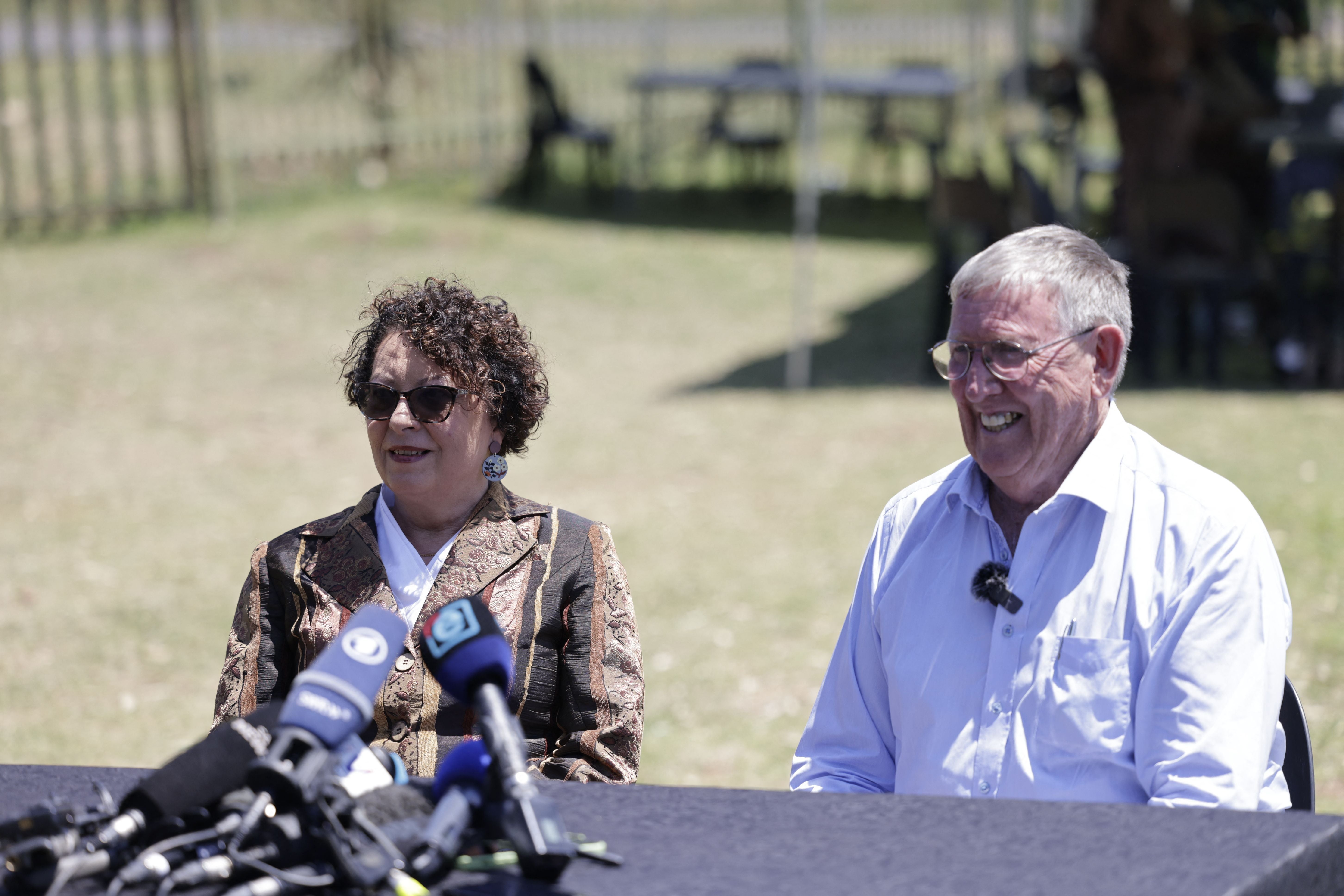
The parole board hearing was Pistorius’s second bid for freedom after a hearing in March wrongly ruled him ineligible for early release due to an error over when his prison sentence officially started.
Serious offenders in South Africa must serve at least half their sentence to be eligible for parole, which Pistorius has now done.
In 2014, after a highly publicised trial, he was convicted of culpable homicide – a charge comparable to manslaughter – for killing Reeva, before that conviction was overturned.
However, in 2016, he was convicted of murder after an appeal by prosecutors and jailed for six years. The following year, the sentence was extended to 13 years and five months.
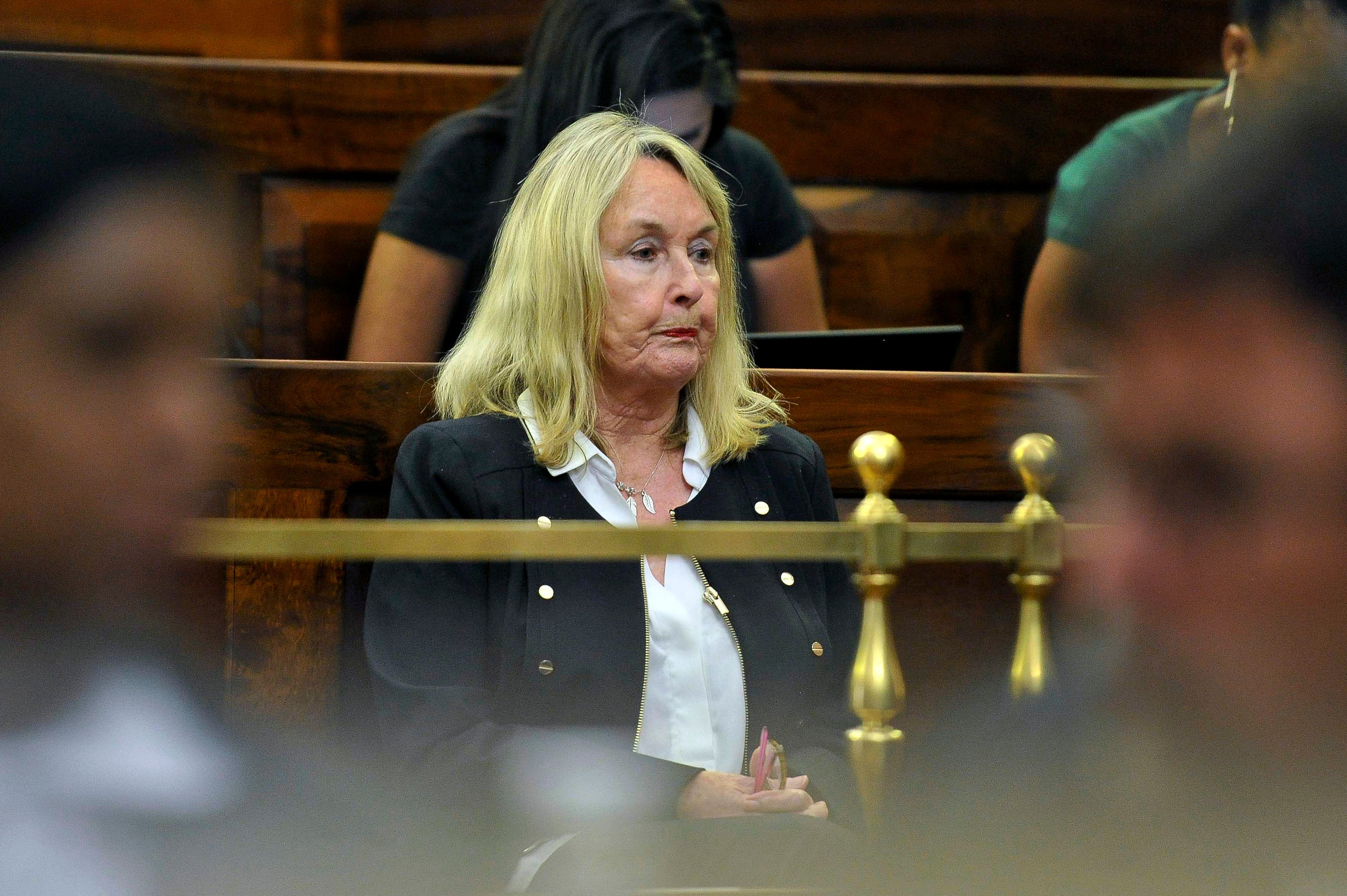

It is likely that Pistorius’s application for release was helped by Ms Steenkamp’s decision not to oppose parole. Her husband Barry – Reeva’s father – died earlier this year.
In her victim impact statement, she wrote: “I do not believe Oscar’s version that he thought the person in the toilet was a burglar. In fact, I do not know anybody who does.
“My dearest child screamed for her life; loud enough for the neighbours to hear her. I do not know what gave rise to his choice to shoot through a closed door four times at somebody with hollow-point ammunition, when I believe he knew it was Reeva.”
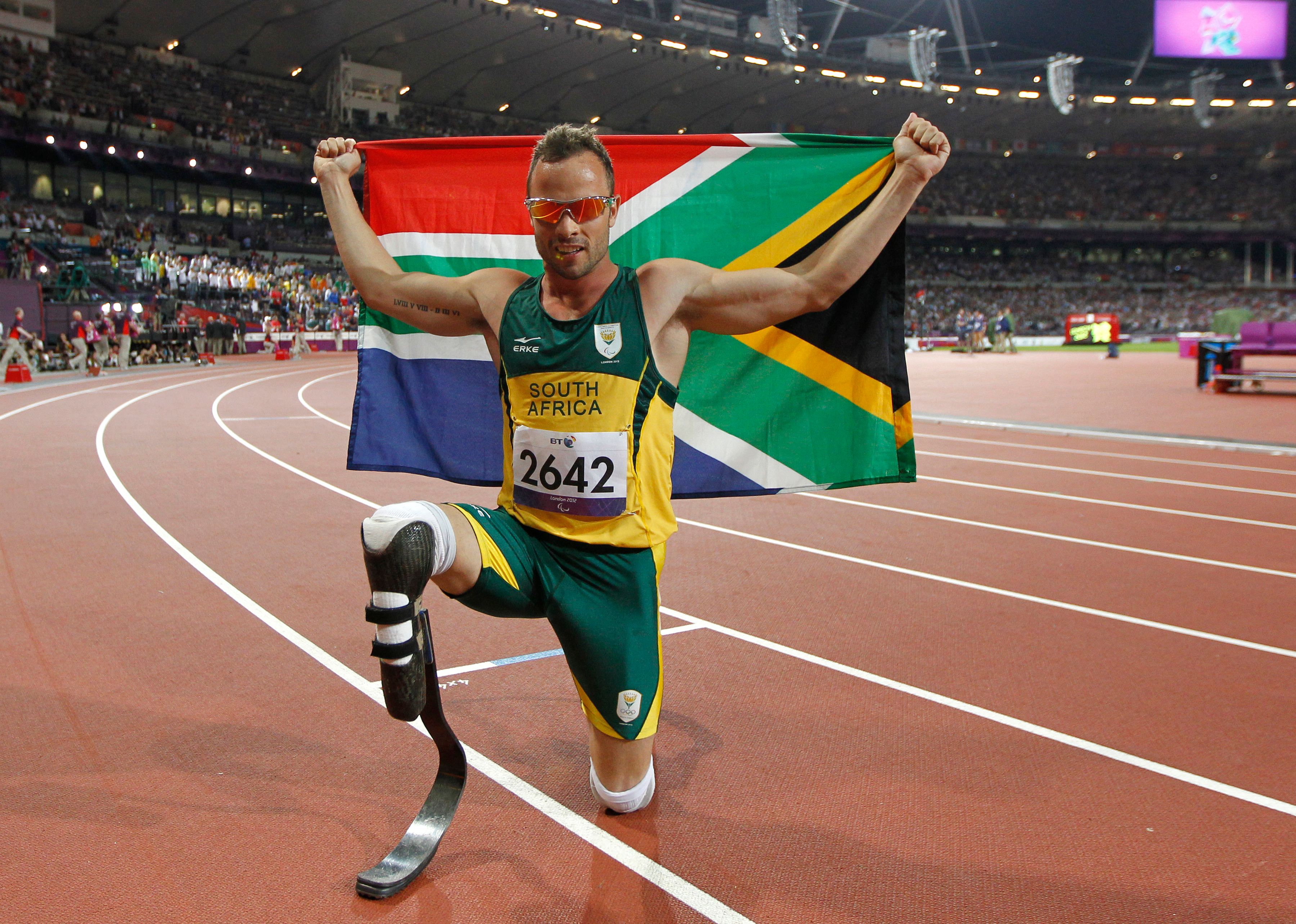
The murder of Ms Steenkamp happened when Pistorius was at the height of his fame and just months after he had become the first double-amputee to compete at the Olympics. He was also a multiple Paralympic sprinting champion.
But his life would change forever when he fired multiple shots through a door at the couple’s apartment, killing his girlfriend.
In reaching its decision, the parole board took into account a wide range of factors, including the offender’s conduct in prison, his mental health and any risk posed to the community by his release.
Bookmark popover
Removed from bookmarks